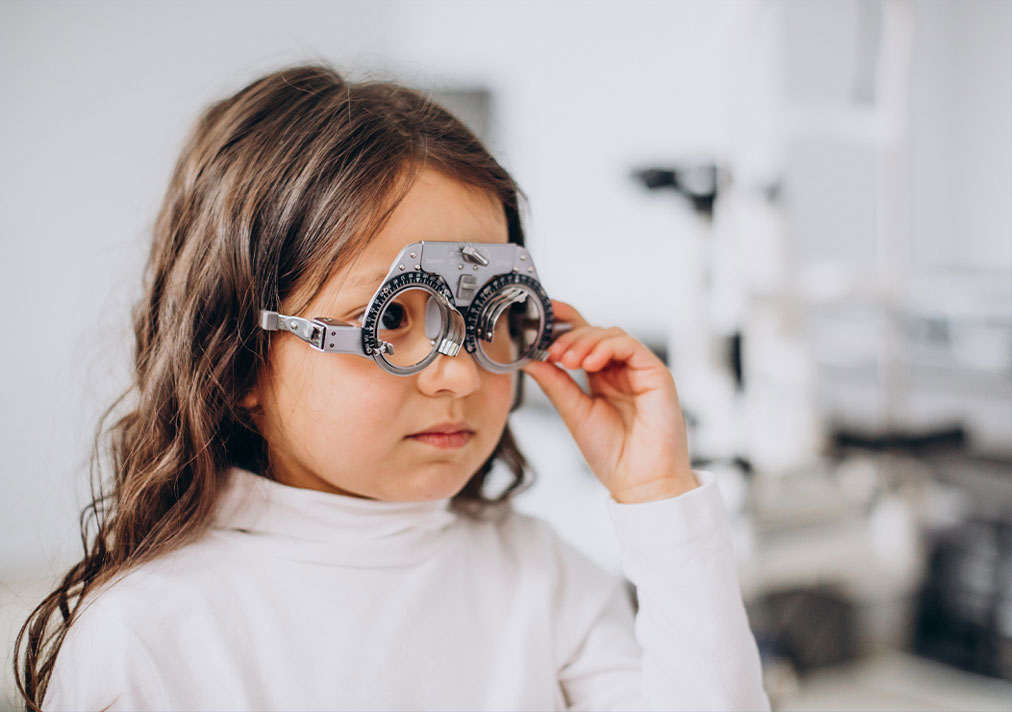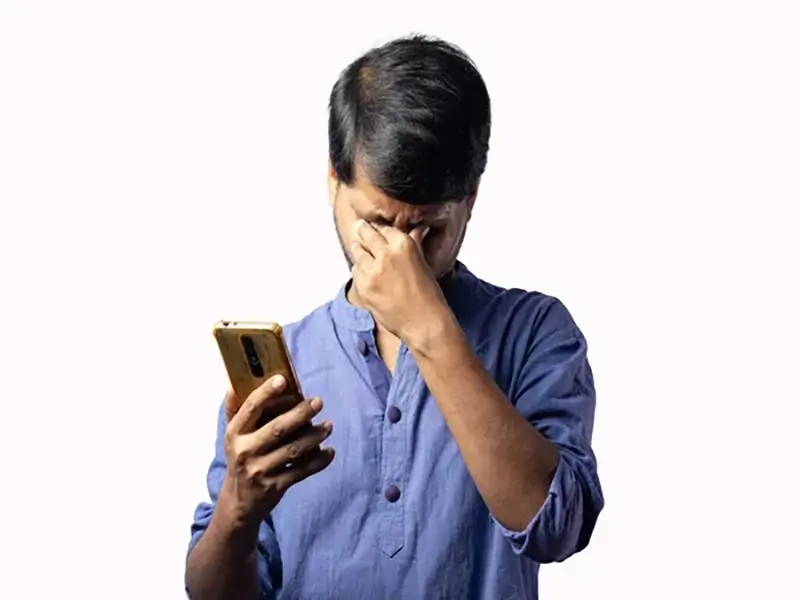From Blurred Vision To Headaches: Expert Lists 7 Signs You Need Glasses
If you’ve been experiencing problems with your vision, you may be wondering if you need glasses. You may find difficulty in reading signboards when driving or squinting at the computer screen when seeing blurred texts. While some vision problems can be temporary or minor, there are certain signs that indicate a need for corrective lenses. The signs of needing glasses vary between people and are based on eye issues, such as myopia, hyperopia, and presbyopia. It is not necessary that you’ll continue to have a 20/20 vision as it keeps changing over time. Hence, keeping track of these symptoms becomes crucial.
7 Signs You Need Glasses
Eye Fatigue
Eye fatigue is another symptom of eye strain, and can occur when you are spending a lot of time focusing on objects without taking breaks, your eyes feel tired, itchy, or dry. However, not every form of eye strain means you need glasses. Some may even mean to take a break from digital screens and relax your eyes.
Squinting
Squinting is a natural reflex that can occur when you are trying to bring objects into focus. It focuses on what you’re attempting to view while limiting the amount of light that reaches your eyes. If you find yourself squinting frequently, it may be a sign that you need glasses to help you see more clearly.
Difficulty Reading
If you find that you need to hold books or newspapers at arm’s length to read them, or if you experience eye strain or fatigue while reading, it may be a sign that you need glasses.
Difficulty Driving
If you find it difficult to read road signs, see other cars on the road, or judge distances while driving, it may be a sign that you need glasses.
Double Vision
Double vision is a condition where you see two images of the same object. This can be a sign of a serious vision problem, and you should see an eye doctor immediately.
Bottom-line
If you are experiencing any of these symptoms, it is important to schedule an eye test with an eye doctor. Your doctor will evaluate your vision and recommend the appropriate corrective lenses if needed. Remember, regular eye tests are an important part of maintaining good eye health and can help detect vision problems before they become more serious.




